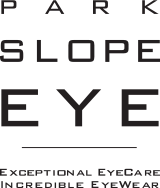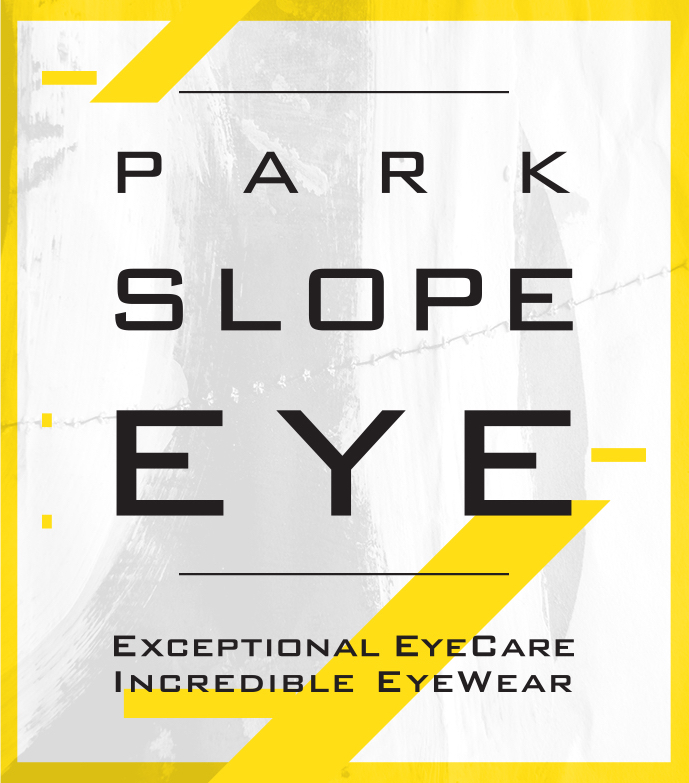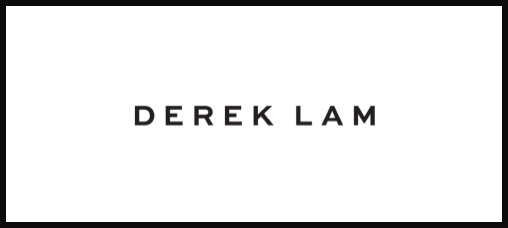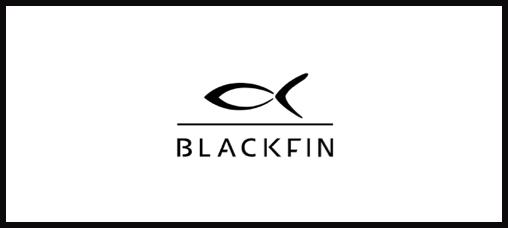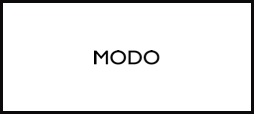Exposure to blue light at night can throw off your circadian rhythms, which can result in poor sleep, eye strain and stress. In this blog, eye care clinic Park Slope Eye takes a closer look at blue light and how you can minimize your exposure to it.

What Is Blue Light?
The light that we perceive as natural light is composed of different wavelengths that, depending on certain conditions, appear as colors. Blue light is the part of natural light that signals our body to stay awake and alert.
Daily exposure to natural light—and the lack of it during nighttime—governs the sleep-wake cycle in human beings and has been proven to be beneficial to human health. However, exposure to blue light at night through smartphones, tablets and computer screens can disrupt the sleep-wake cycle. This leads to sleeping problems, daytime tiredness and irregular waking hours.
How to Reduce Exposure to Blue Light
Fortunately, exposure to blue light can be controlled. Eye care specialists like us recommend the following:
-
Night Lights — Choose dim red or amber night lights. Being on the opposite end of the visible light spectrum, red light has minimal effect on circadian rhythms.
-
Bright Screens — Avoid looking at bright screens at least two hours before bedtime. Many of today’s smartphones, tablets, and computers have a “night shift” feature, which shifts the screen colors to a warmer hue. Using this feature helps reduce the amount of blue light emitted by your screen.
-
Blue Light Glasses — Special lenses have been designed to block blue light rays. Wearing these glasses can help reduce the effects of blue light if you work the night shift or if you tend to check your phone while in bed.
If you experience eye fatigue, stress or irregular sleeping times, see an eye specialist. Park Slope Eye is your leading provider of eye care services. Give us a call at (347) 380-7070 or fill out our contact form. We serve customers in Brooklyn, NY, and nearby areas.
